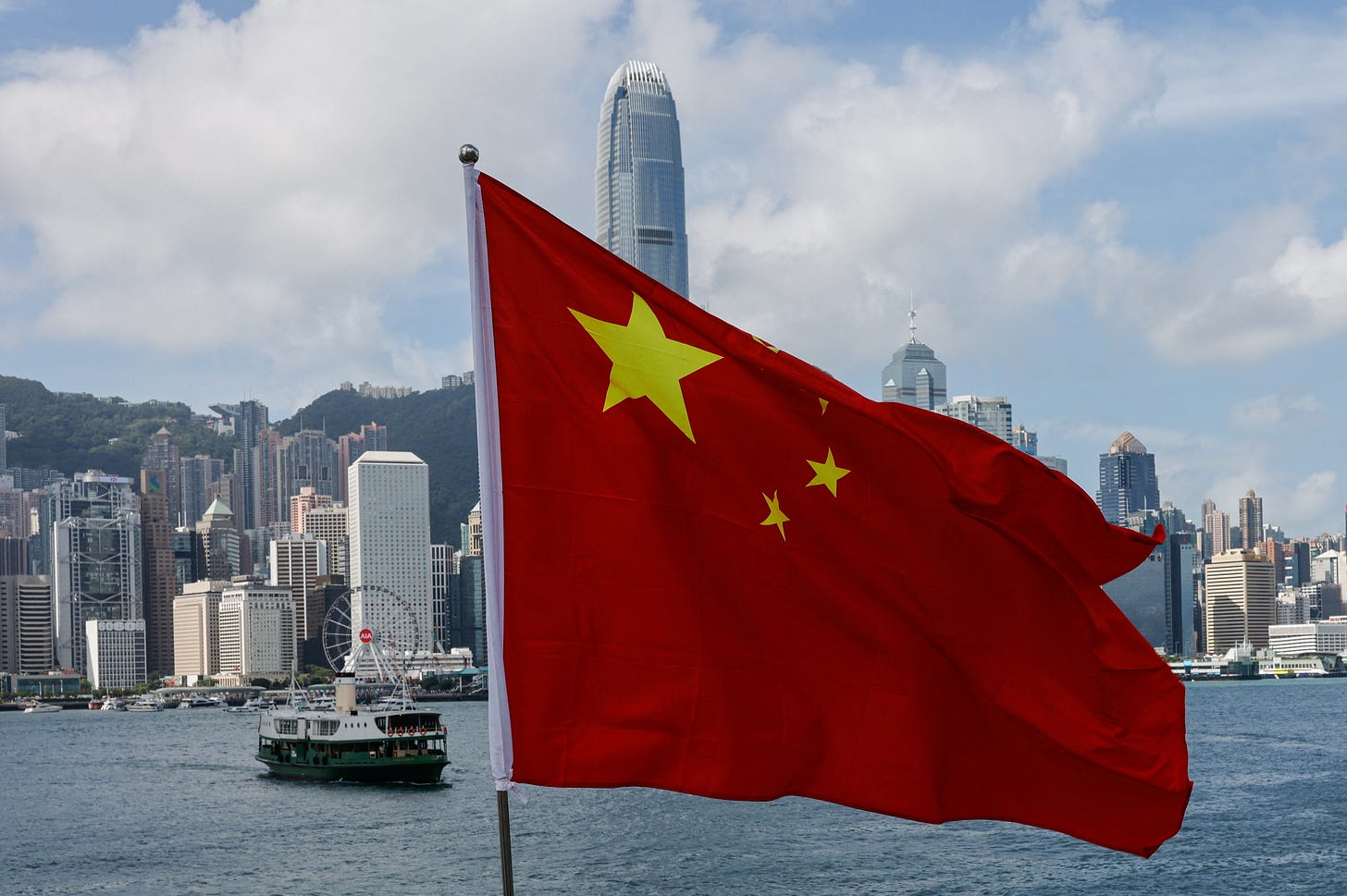China's Growing Nuclear Arsenal Raises Global and Regional Stability Concerns, Say G7 Leaders
The escalating buildup has raised apprehensions in the West, prompting the G7 leaders to caution against expansion without transparency and meaningful dialogue.
HIROSHIMA, Japan -- China's rapidly expanding nuclear arsenal has become a matter of concern for global and regional stability, according to the Group of Seven (G7) leaders who convened in Hiroshima for talks on nuclear disarmament, reports AFP news agency.
The Stockholm International Peace Research Institute (SIPRI) think tank estimates that China currently possesses approximately 350 nuclear warheads, a relatively small number compared to the stockpiles of the United States and Russia.
However, China's nuclear capabilities are growing at an alarming rate. The Pentagon released an estimate in November stating that the country could possess 1,500 warheads by 2035.
The escalating buildup has raised apprehensions in the West, prompting the G7 leaders to caution against expansion without transparency and meaningful dialogue.
They emphasized that such actions pose a threat to both global and regional stability.
Since conducting its first nuclear test in 1964, China has maintained a relatively modest arsenal and has consistently declared its commitment to refrain from initiating the use of nuclear weapons in any conflict.
Nevertheless, under President Xi Jinping, China has embarked on an extensive military modernization campaign, which includes the upgrading of its nuclear weapons.
The purpose is not only to deter adversaries but also to have the ability to retaliate if deterrence fails.
In April, foreign ministers from the G7 wealthy democracies expressed concern about China's expanding nuclear capacity and called for strategic risk reduction discussions with the United States, as well as greater transparency from Beijing.
During their visit to Hiroshima, the G7 leaders paid tribute to the estimated 140,000 people who lost their lives in the nuclear bombing of the city.
They condemned Russia's irresponsible nuclear rhetoric and criticised plans to deploy nuclear weapons in Belarus as dangerous and unacceptable.
The leaders also denounced proliferation and issued warnings to North Korea against provocative actions, while urging Iran to cease nuclear escalations.
Notably, this marks the first time that a G7 summit has produced a leaders' statement with a specific focus on nuclear disarmament.
This development reflects the efforts of Japan's Prime Minister Fumio Kishida, who hails from Hiroshima and has prioritized this issue during the three-day talks.
Earlier, Kishida guided the leaders on a tour of the Hiroshima Peace Memorial Museum, where they witnessed the evidence of the suffering caused by the US nuclear attack on August 6, 1945.
The G7 leaders reiterated their commitment to achieving a world free of nuclear weapons while ensuring undiminished security for all. However, they did not provide concrete commitments of their own, acknowledging the formidable challenges posed by the current global security climate.
The leaders acknowledged that realizing their shared vision requires a concerted global effort to move from the existing harsh reality towards an ideal future, regardless of the narrowness of the path. However, they did not outline specific plans or initiatives.
Among the G7 member states, the United States, Britain, and France possess nuclear weapons, while the others are protected under the US nuclear umbrella.
The International Campaign to Abolish Nuclear Weapons, based in Geneva, criticized the G7 summit for failing to present a credible alternative vision for progress towards disarmament.
The organization argued that the leaders' plans do not adequately address the urgency of the present moment.



